
In Venezuela, due to poor Internet service, and more recently, the arrival of the COVID-19 pandemic, forochats have become a way to continue informing readers, support disadvantaged communities and find innovative ways to obtain financing.
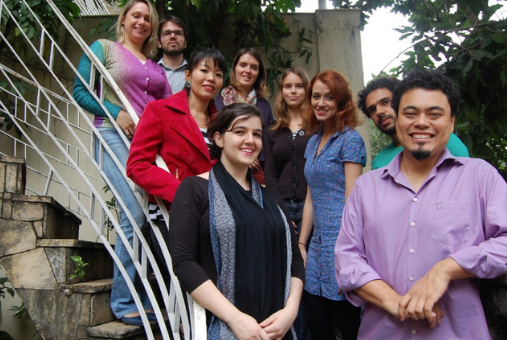
Repórter Brasil celebrates its 20th anniversary on Oct. 9, the date the site was originally launched – in director-general Leonardo Sakamoto's words, the NGO is today, due to its history in the country, "a grandpa of digital journalism organizations.” To mark the anniversary, LJR spoke with key people at Repórter Brasil to talk about how it works, their way of doing journalism and their plans for the future.

The Colombian Foundation for Press Freedom decided that the problem of the country's news deserts should be addressed more directly. And to try to solve it, it created a media outlet and mobile journalism lab so that people from different municipalities can create and disseminate local information.

In recent years, various digital media in Latin America, from Mexico to Chile, have decided to translate and create content in English as a way to reach new audiences and thus increase their profits. Although, sometimes that’s easier said than done.
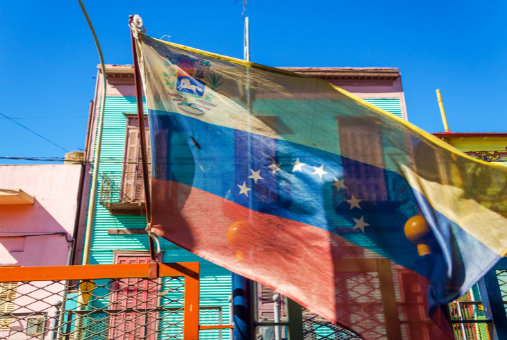
They are part of the 5.4 million refugees and migrants from Venezuela worldwide. But, they are also storytellers, and have found ways to create journalistic projects in their host countries to integrate, train or provide quality information to those who are going through migratory processes.

The media outlet, which today consists of 12 people and is based in Bogotá, describes itself as a "digital movement of citizen conversation,” which invites the public to speak, understand and act on the most pressing problems facing Colombian society.

Solutions journalism has had a special reception in Argentina, a country where it has been present for several years and where it continues to expand. For this reason, we interviewed two local journalists whose media outlets have become benchmarks for this journalistic approach.

The Reveniu payment platform, which the Chilean journalist Miguel Paz devised to facilitate donations and monetary contributions to start-ups and independent media, has been operating publicly for one year this May.

“Latin American journalists are understanding the need to use TikTok as a more direct way to reach that young audience that uses entertainment as a communication tool,” Noelia Gonzalez Pereyra told LJR.
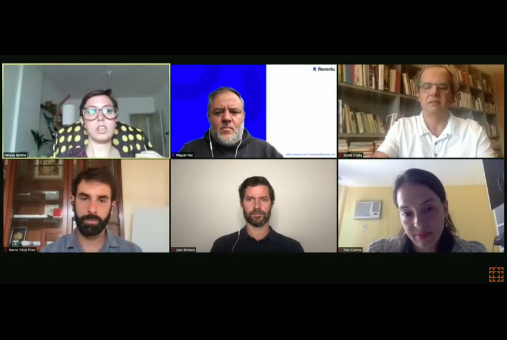
Five innovative projects that were successfully launched in the region were presented virtually at the 14th Ibero-American Colloquium on Digital Journalism organized by the Knight Center for Journalism in the Americas of the University of Texas at Austin.
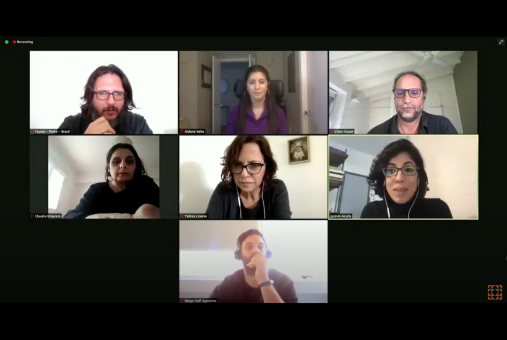
By virtue of the financial and strategic support of a program for digital media in Latin America, 10 media outlets managed to grow as organizations, create and strengthen products, in addition to increasing their audience despite the general crisis caused by the pandemic.
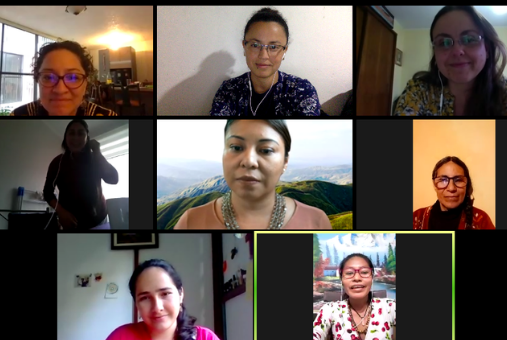
Red Tejiendo Historias, or The Story Weaving Network, is geared at connecting non-Indigenous journalists, Indigenous journalists, and Indigenous communities to build a more robust conversation about coverage of peoples native to the American continent.